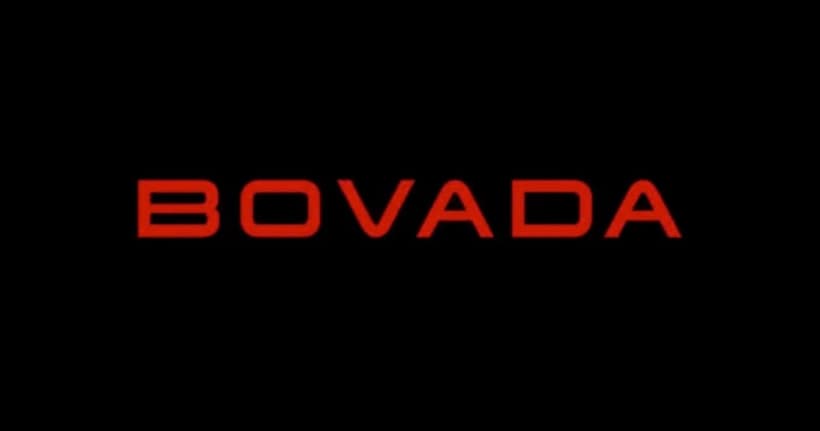Sports Betting
Offshore betting site Bovada is being targeted by multiple state regulators via cease and desist letters

In the United States, offshore sportsbooks still have their place in the market. While they are unregulated, these illegal sites collect millions of revenue each year. That’s money legal US gambling states are missing out on. Since the ban on sports gambling was lifted in 2018, there’s been an ongoing struggle between regulated and unregulated markets. Recently, the offshore betting site Bovada could be facing legal action. The states of Connecticut and Massachusetts are considering taking measures against Bovada.
Connecticut’s Department of Consumer Protection plans to send Bovada a cease and desist letter within the next week. Additionally, the Massachusetts Gaming Commission discussed taking a similar action at their public meeting last Wednesday.
Why is Bovada running into so much trouble?
If Bovada receives a cease and desist letter from Connecticut and Massachusetts, that would be their third in less than a month. Roughly two weeks ago, Michigan sent a letter to Bovada, giving them two weeks to stop offering sports betting in their state. Otherwise, they plan to take legal action. The Michigan Game Control Board (MGCB) is monitoring this situation extremely closely. They want to ensure that none of their residents are using Bovada’s platform.
Despite the pushback from Michigan, Bovada is still operating in 44 states without a license. Five states currently prohibit Bovada from allowing their market to offer wagers. They include Delaware. Maryland, Nevada, New York, and New Jersey. Certain states have been successful in removing Bovada without the help of legal action. Others are still struggling to get the Curacao-based website out of their state. According to Legal Sports Report, state regulators lack the same regulatory reach as the federal Department of Justice. They have the most power to address these offshore betting sites like Bovada.
Offshore sports betting continues to be a hot topic of discussion
Nakisha Skinner is the Massachusetts Gaming Commissioner. This past week, she was at the North American Gaming Regulators Association conference in Charleston, South Carolina. Skinner had this idea after conversations with other industry leaders.
“There’s a lot of talk about the illegal gaming market [here], and discussion around the cease and desist letter than Michigan sort of spearheaded, now Connecticut, I learned this morning has signed on,” said Skinner. “Is it worthwhile to have a discussion among the commissioners whether there are any steps that we want to take along those lines, with the understanding that our hands are somewhat tied? But it’s worth the discussion we may want to send a cease and desist letter of our own.”











